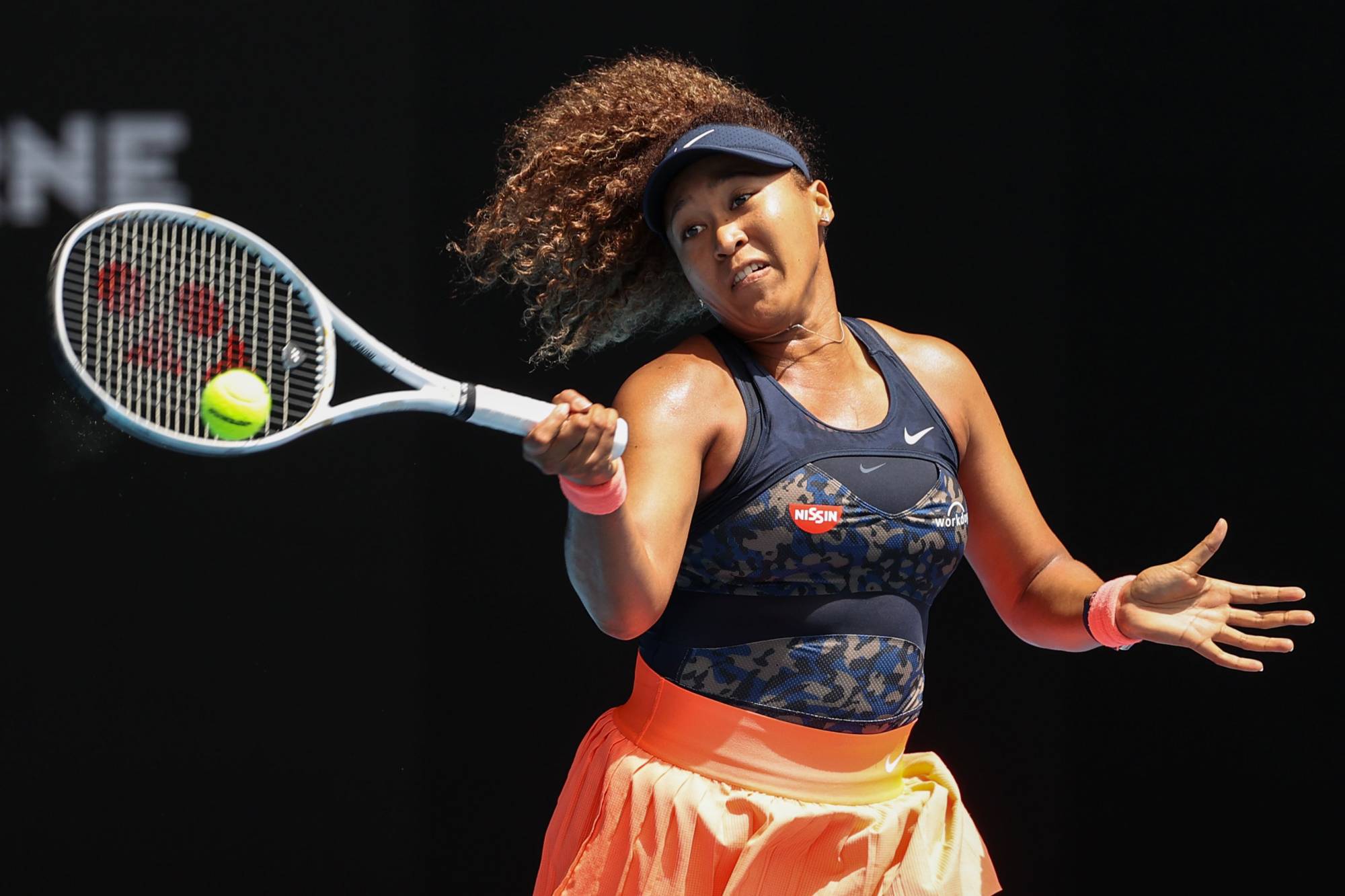In early June, Naomi Osaka made world headlines for her decision to withdraw her name from the French Open. Fans and organizers were shell-shocked by the athlete’s decision, which stemmed from her anxiety around the massive press conferences to be held prior to the competition.
Though most athletes are used to the buzzing rooms filled with media specialists, not all can calm down following the blitz of questions and camera flashes. This appears to be the case for Osaka, who was vocal about her wishes to cancel the media appearances. Ultimately, she was unable to skip the press conferences and decided to withdraw altogether.
Osaka’s move highlights the unseen work and long hours that athletes must put in, but which are often unrelated to their sporting profession. Because tennis is one of the most popular sports worldwide, its athletes are even more visible to the public and subject to scrutiny.
In addition to lengthy and overwhelming media appearances, top pros will also be analyzed with a fine-tooth comb on pundit broadcasts the world over. Sports fans want key insight before they take advantage of New Jersey free bets or other welcome bonuses from oddsmakers, whether related to a promising underdog or a returning champion.
The result is a complex and stressful world that athletes and their teams must navigate in addition to traveling to ATP and WTA competitions around the world. There’s jet lag, homesickness, injuries, training, nutrition, and, to top it all off, press conferences at nearly every leg of the journey.
Osaka’s withdrawal from the French Open has had some fans reconsidering the lifestyle of pro athletes, from tennis stars Roger Federer and Coco Gauff to other big sporting names like Leo Messi and Tom Brady.
A Shifting Landscape for Athletes
In the past, Osaka’s decision would have been hailed as selfish or outright unconscionable. Many follow the simple belief that athletes are given a certain degree of their power by the public, who fuel their reputation with adoration and who support sports leagues with their hard-earned dollars.
Sponsors who pay thousands (or, in the case of Osaka, millions) expect their representatives to bolster their brand through media appearances and Grand Slam wins. Or, at least, that’s how it used to be.
Osaka’s sponsors, on the other hand, have doubled down in support of their athlete in a truly groundbreaking move. Nike, the young star’s most lucrative contract to date, released a statement saying, “Our thoughts are with Naomi.”
Sweetgreen shared a similar sentiment, saying that their brand supports Osaka’s wellness. Mastercard, on the other hand, stepped forward to commend Osaka for her decision, which reminded fans and followers to prioritize their own well-being.
Originally, pundits (and naysayers) assumed Osaka’s decision would be costly for her big-name sponsorships. In 2020, the AP Athlete of the Year was also the highest-paid female athlete in the world with $37 million from sponsors alone. Aside from Nike, Sweetgreen, and Mastercard, she’s also the face of Tag Heuer, AirBnB, and Louis Vuitton.
However, it seems Osaka has upped her worth with her act of bravery. These brands don’t see it as an immature decision to withdraw, but a sound emphasis on her own well-being that all people can draw inspiration from.
Others Remain Unimpressed
Osaka has made quite a few new fans with her gutsy decision regarding the French Open—but not everyone feels that way. Others contend that multi-million-dollar earnings from big-name sponsors mean that athletes are indebted to the public.
More specifically, Osaka’s critics highlight the fact that she may have wanted to avoid a media appearance because she’d lost her match that day. Shouldn’t athletes be held accountable for their losses, especially when they’re compensated with financial wealth and global super-stardom?
After all, many fans pay thousands to make it to events like the French Open. Osaka’s sponsors pay her because they know their brand will make a killing when their athlete performs well in a major tournament, and every other athlete Osaka competes beside is bound to the same contractual obligations as she is.
But so long as sponsors and fans are inspired by her withdrawal, it may not be an issue that haunts the athlete in the future.





















